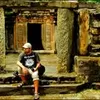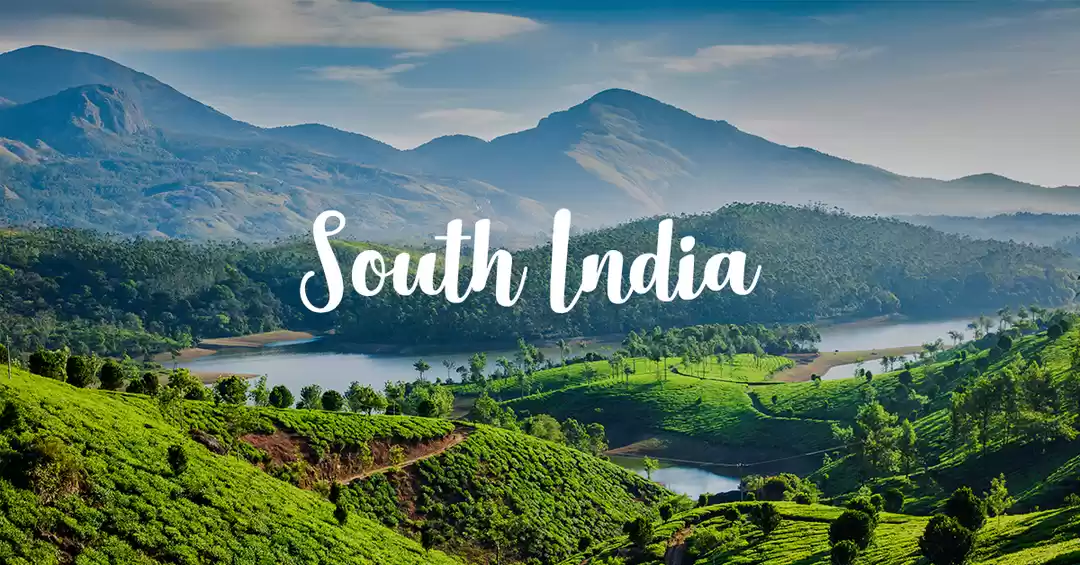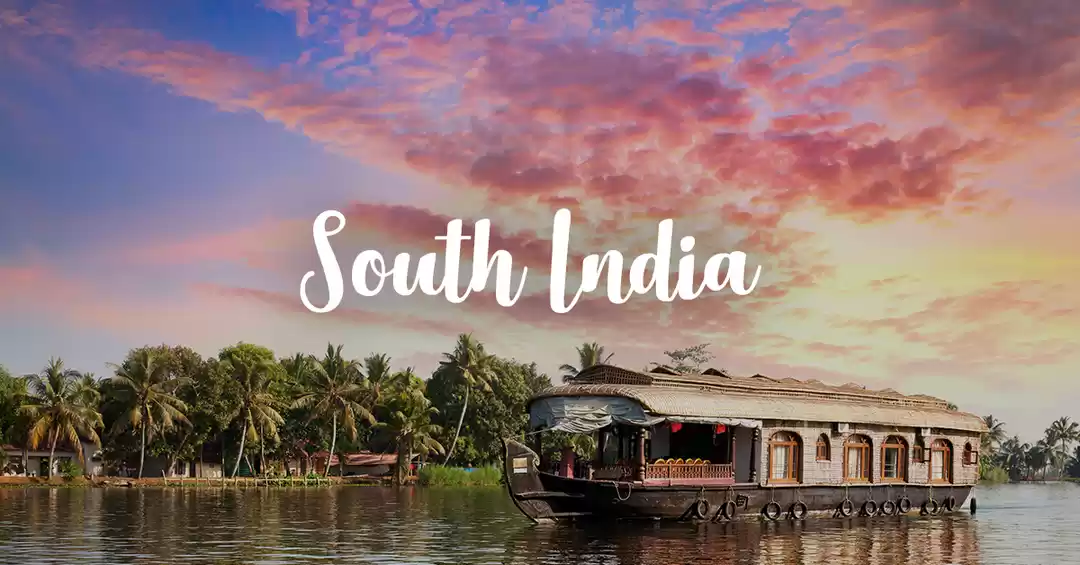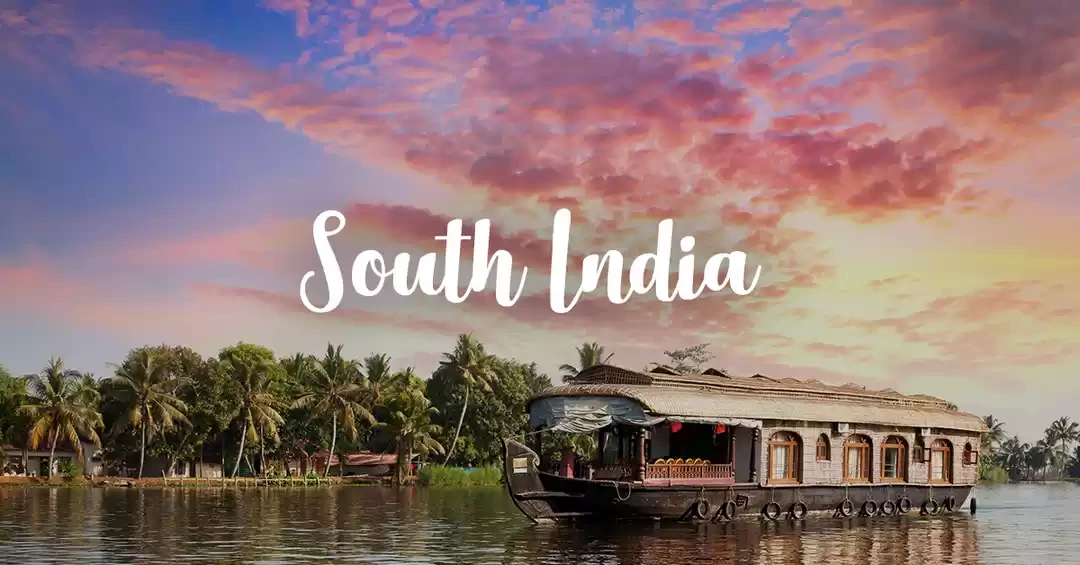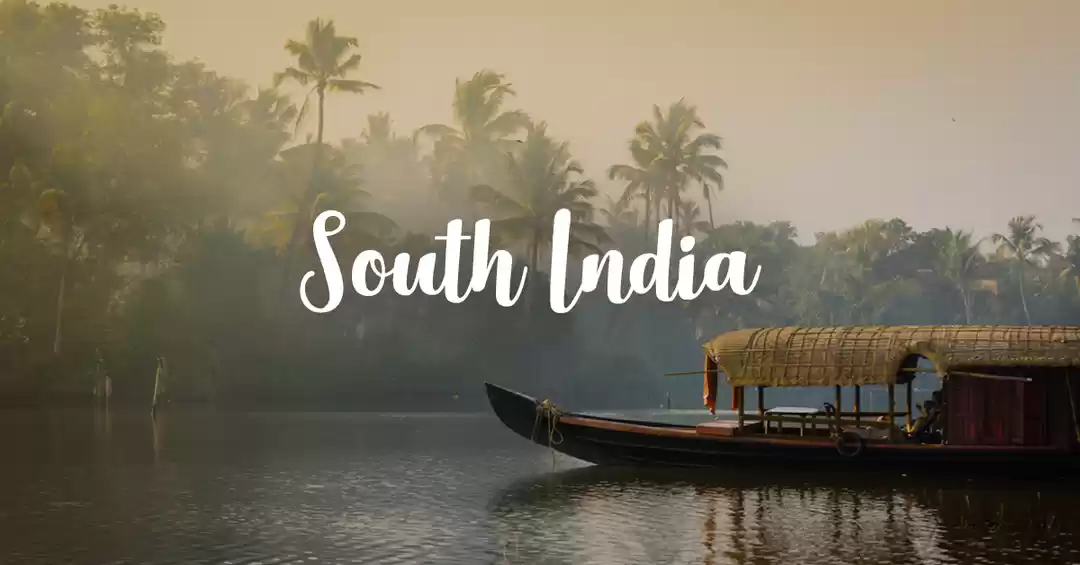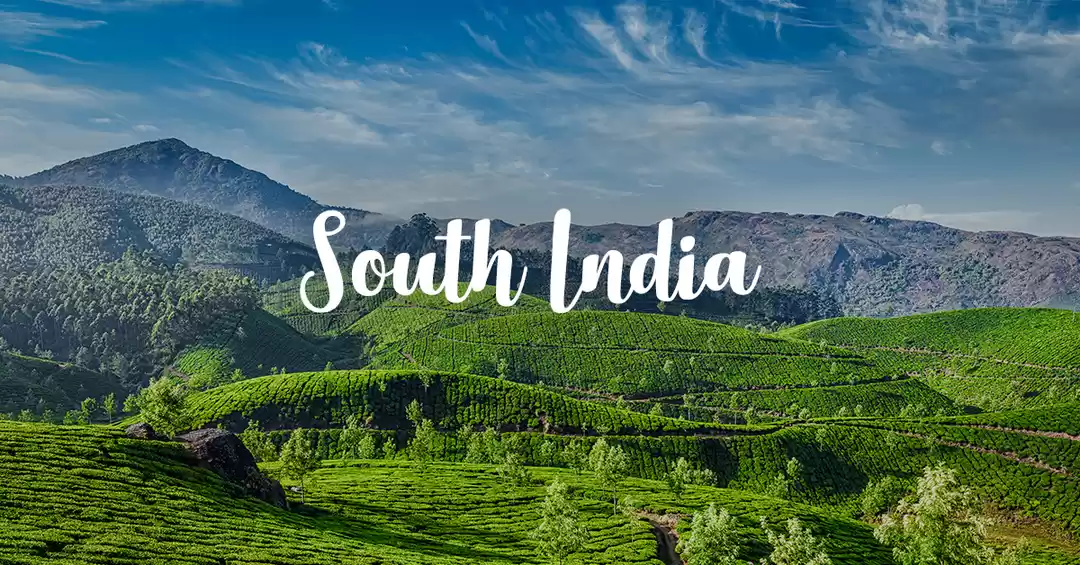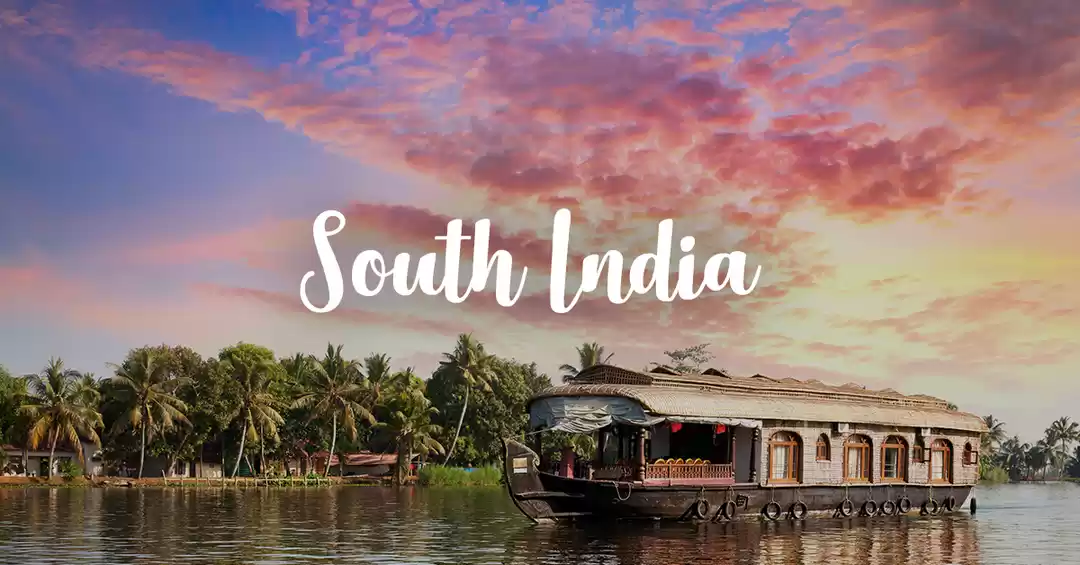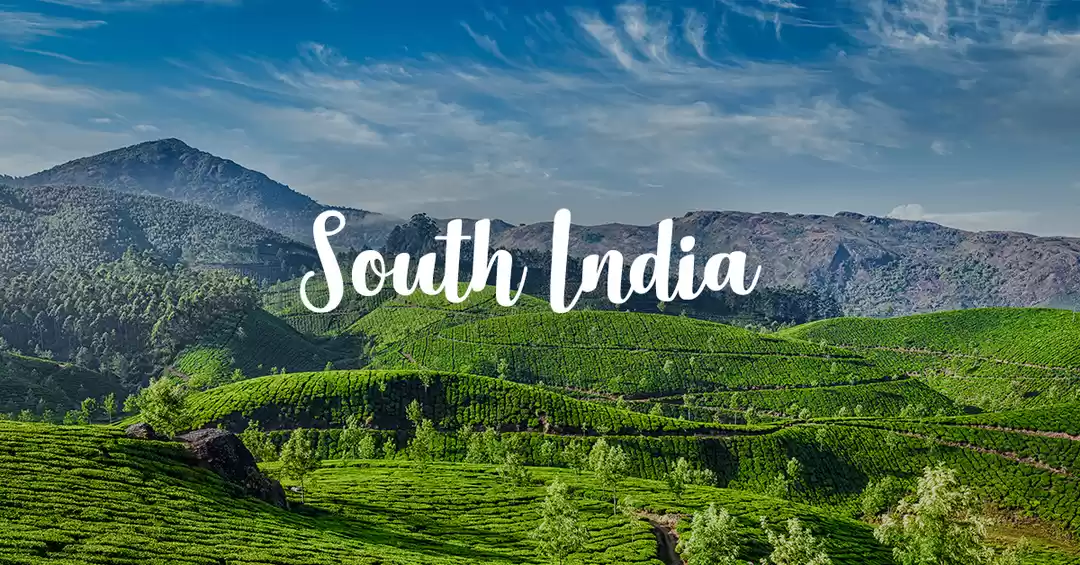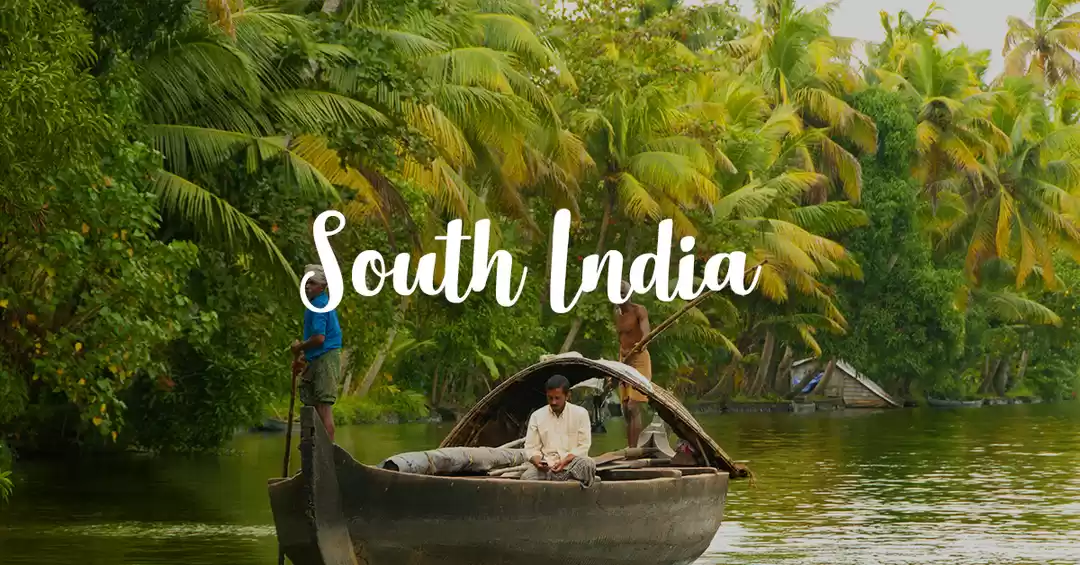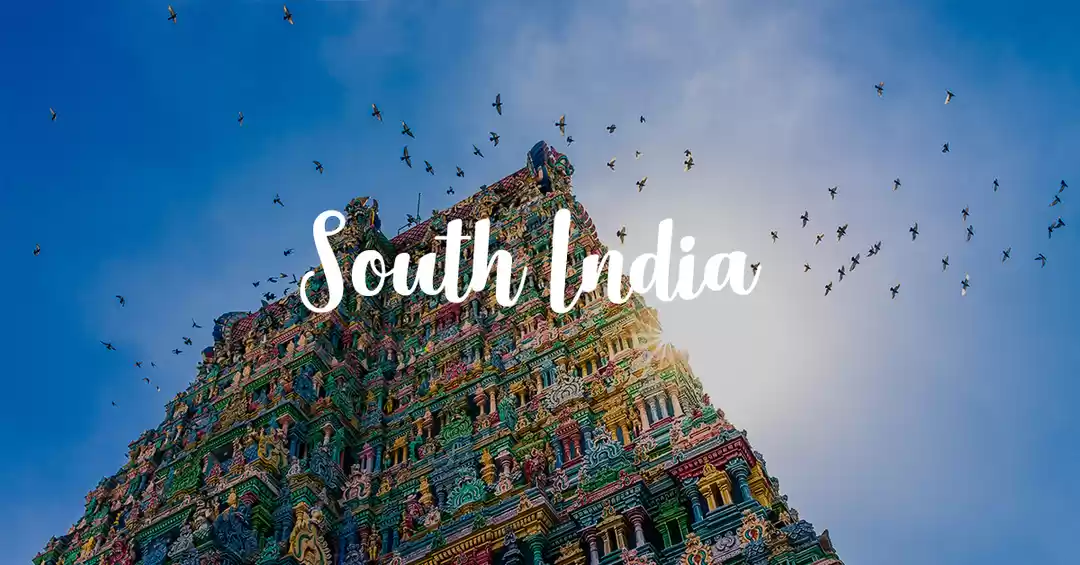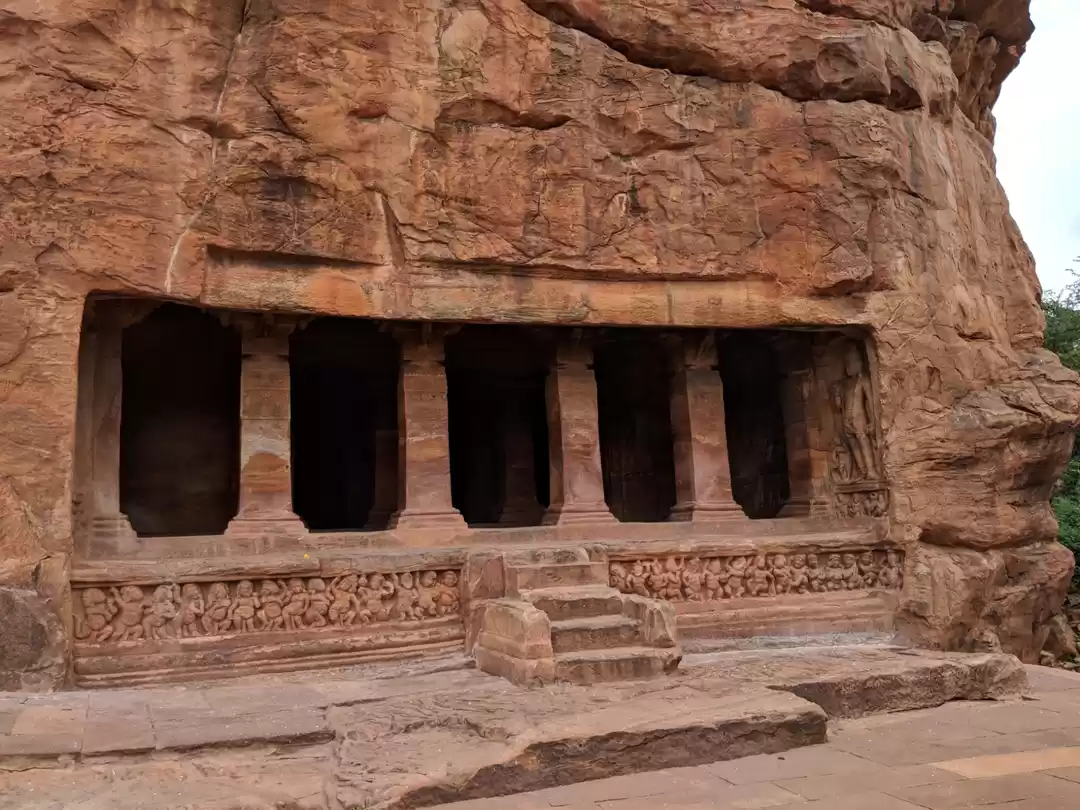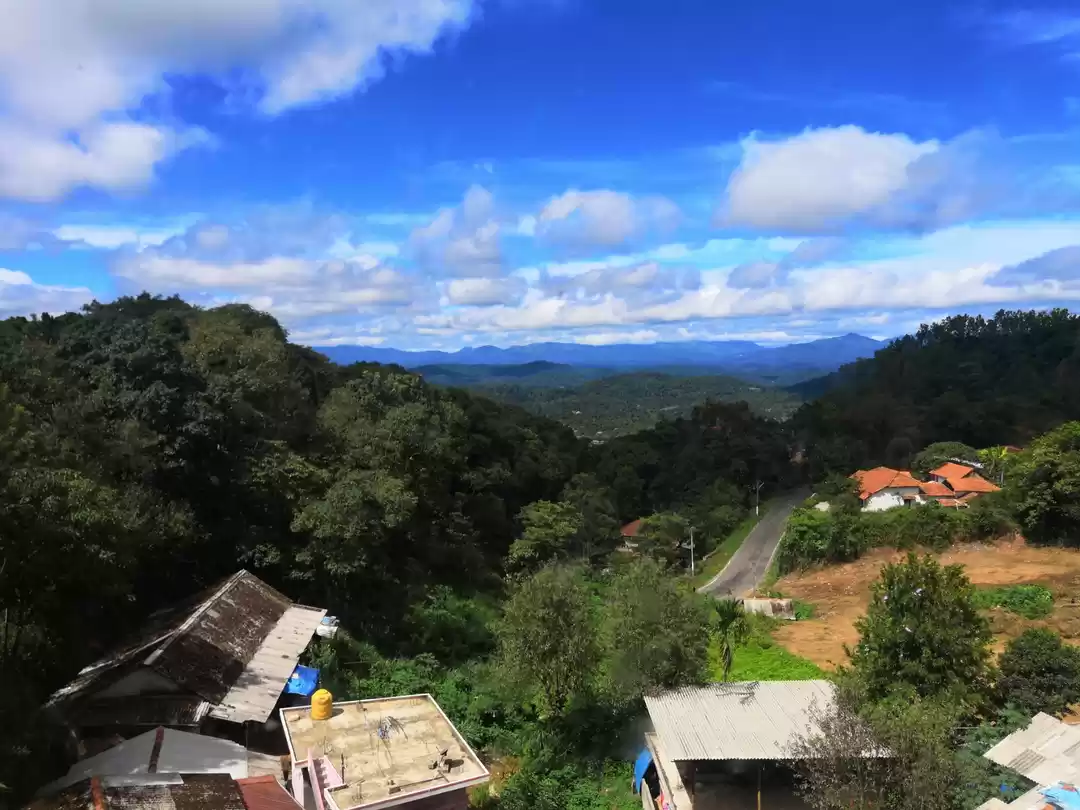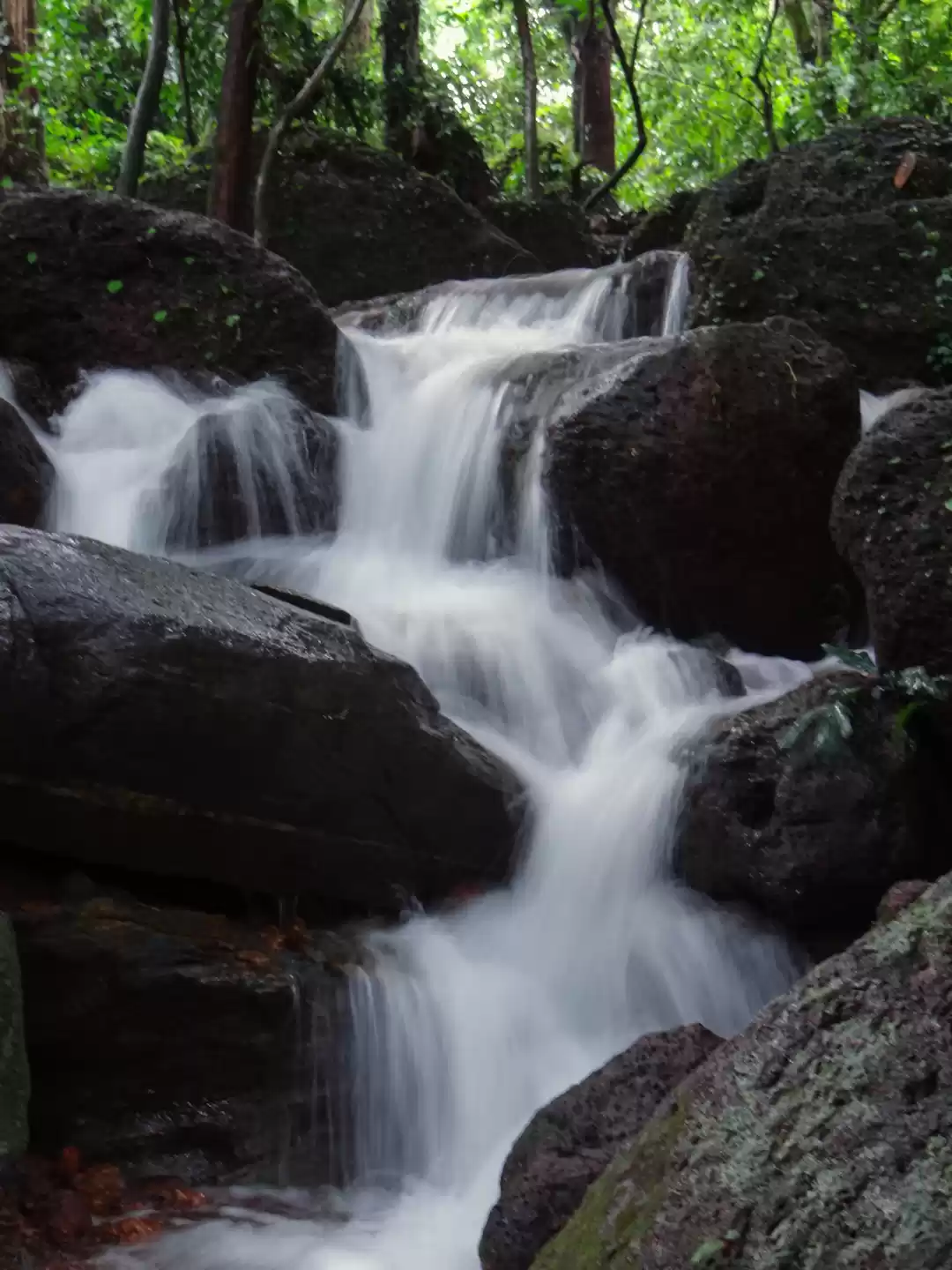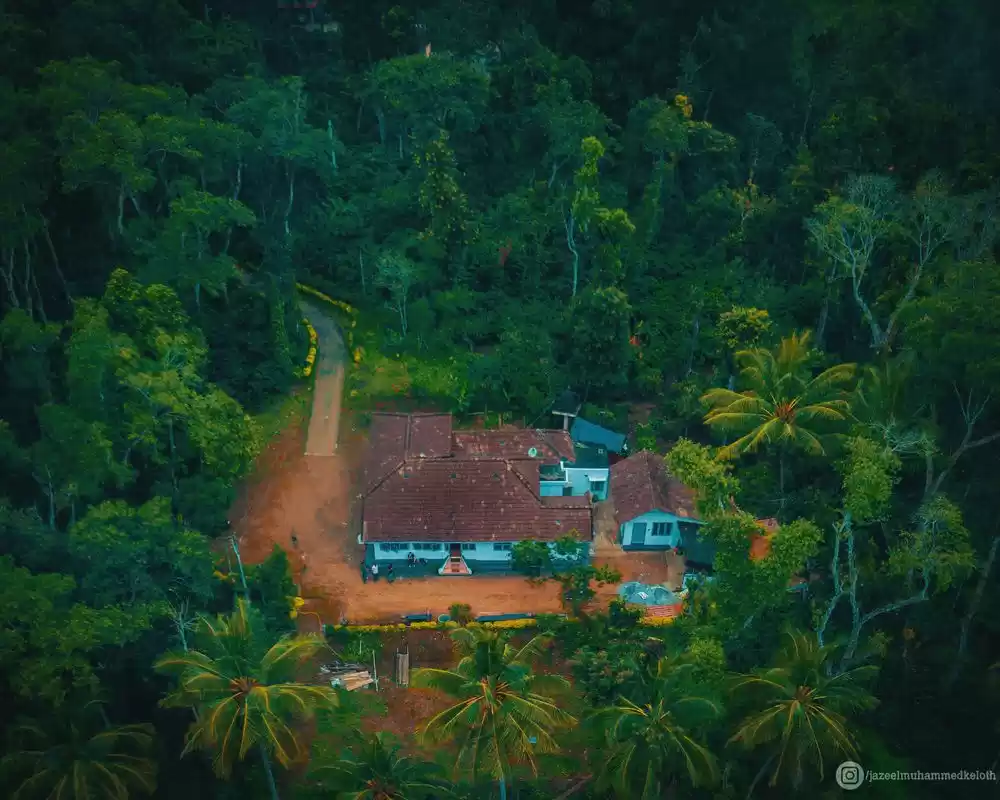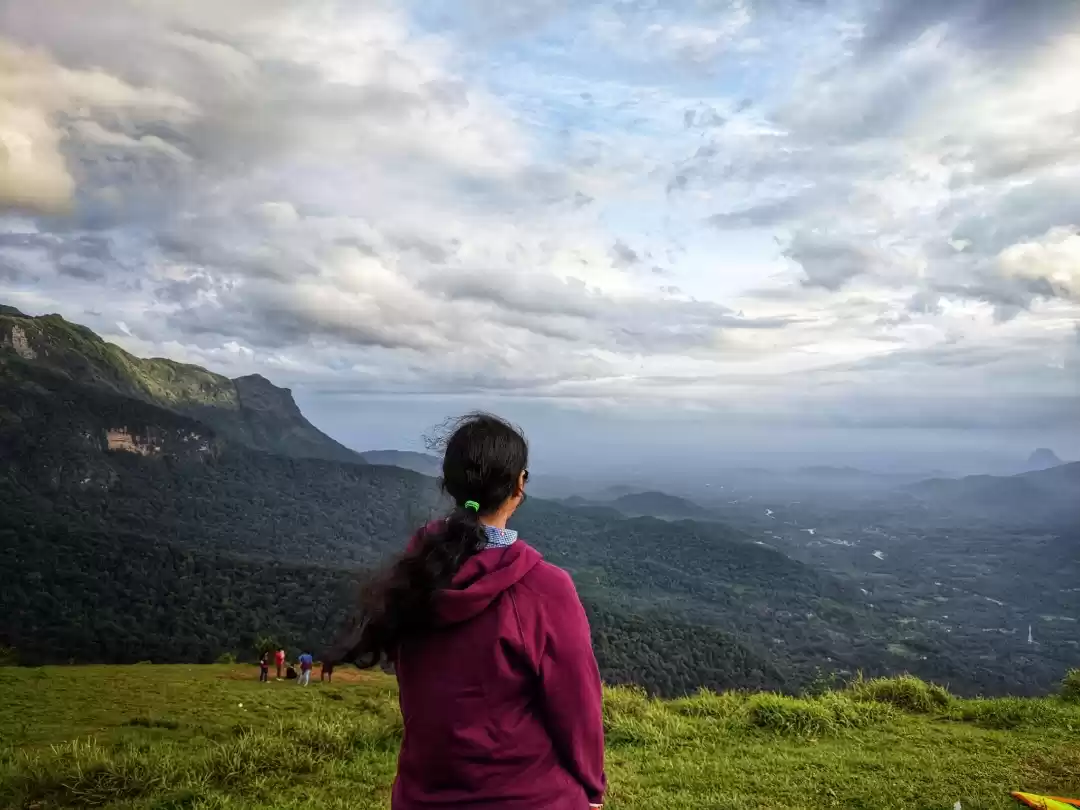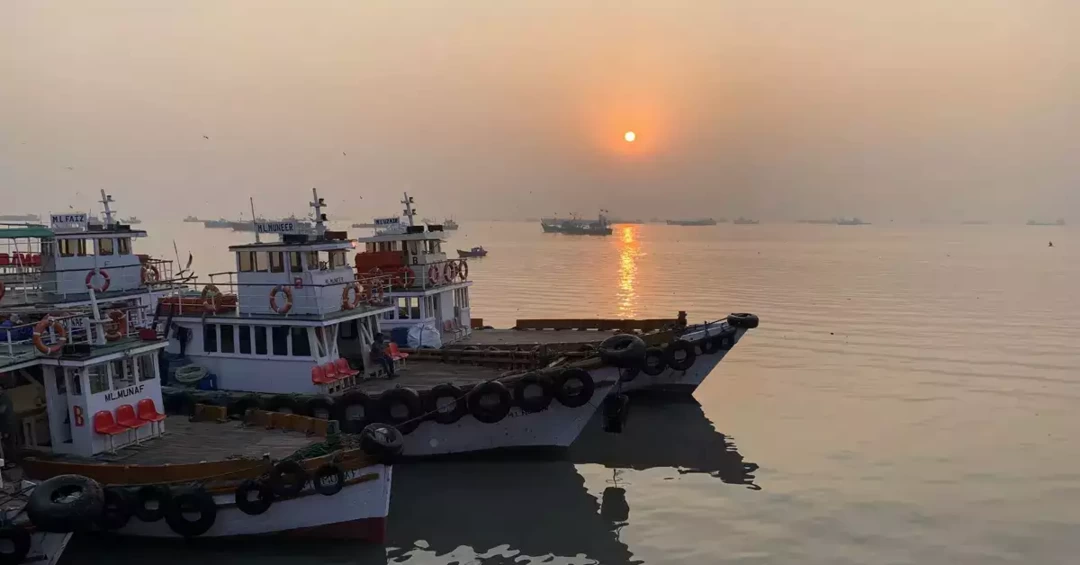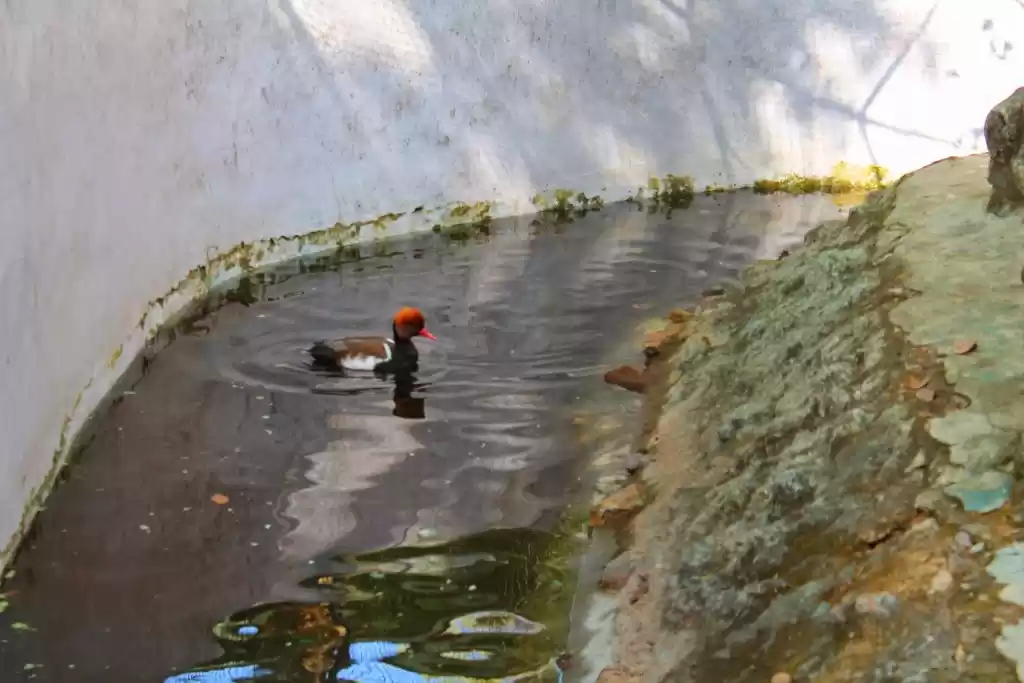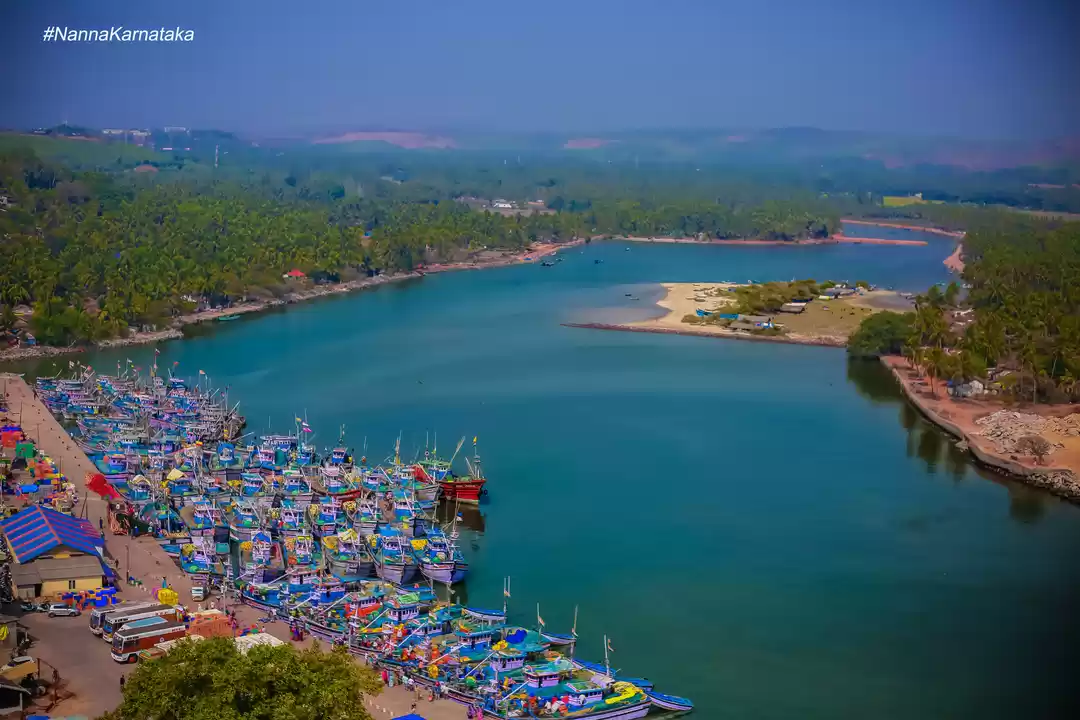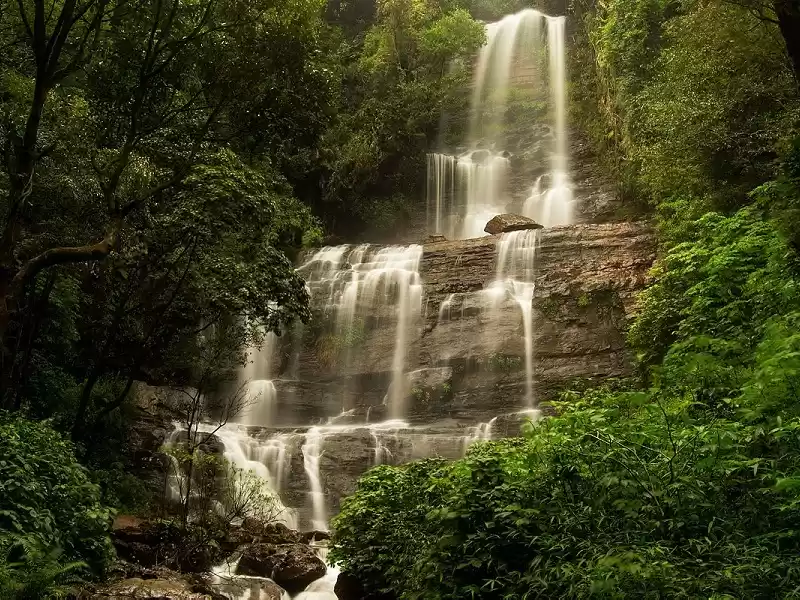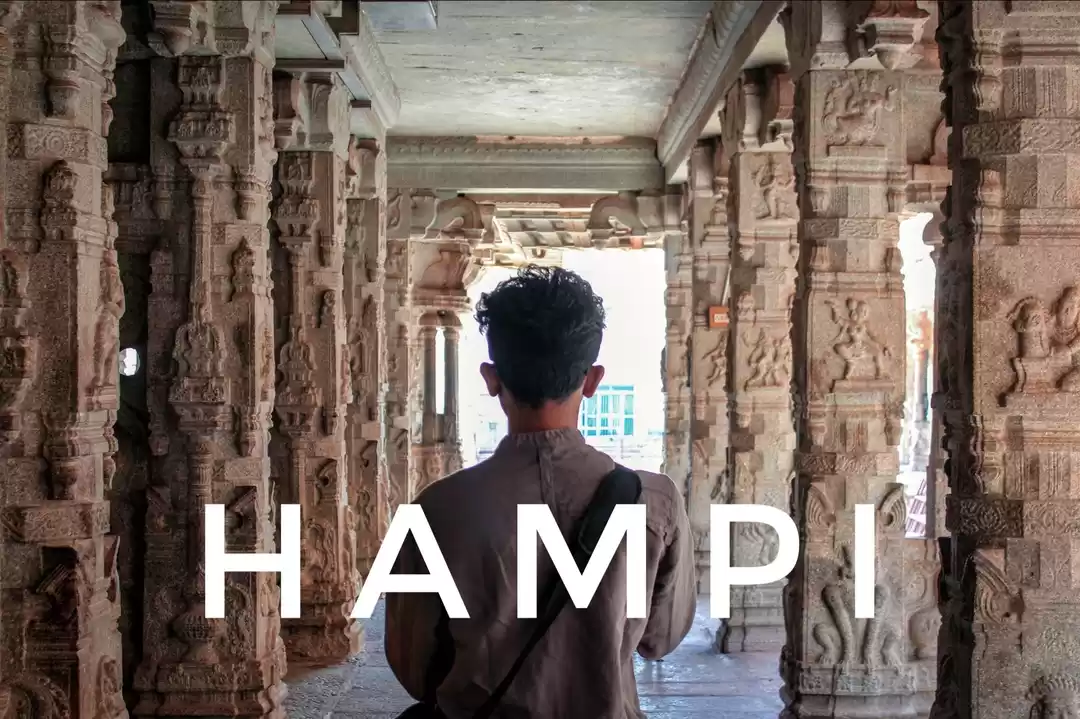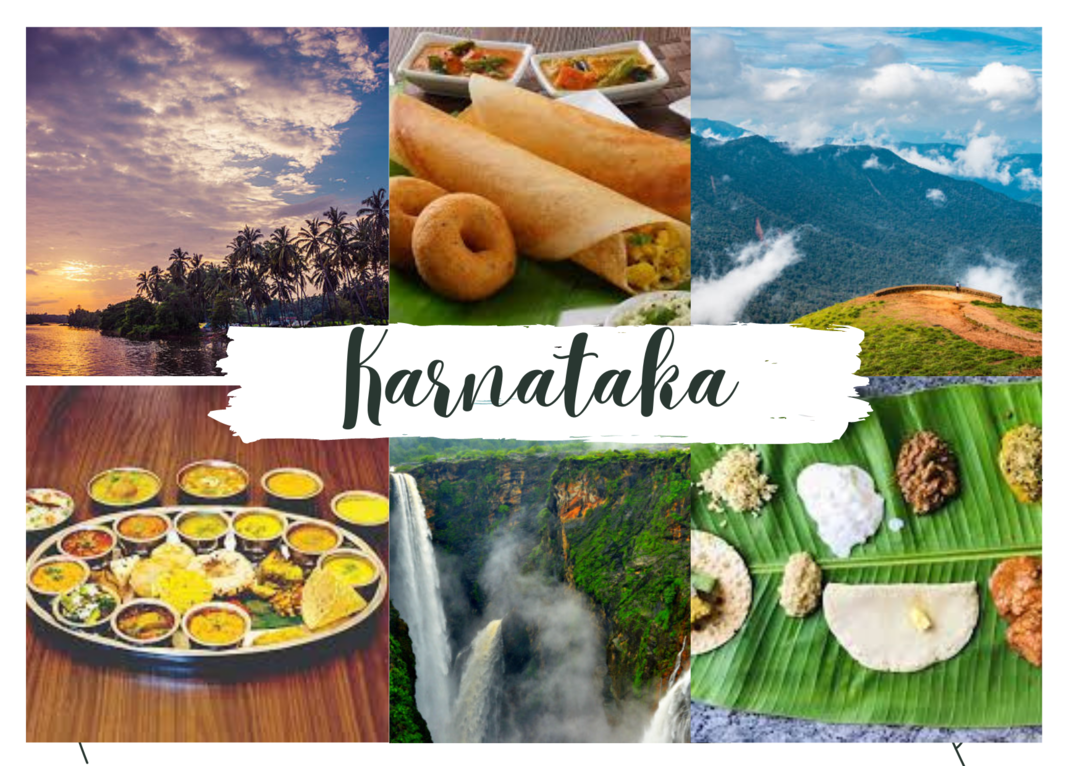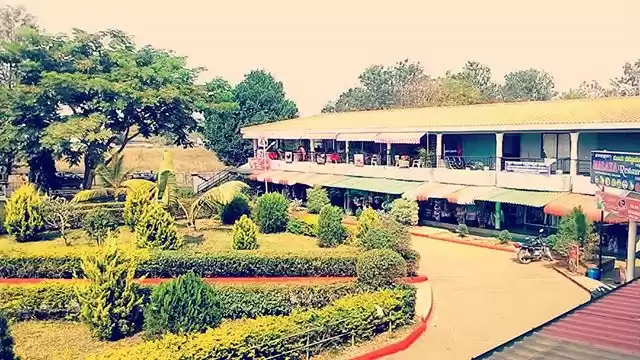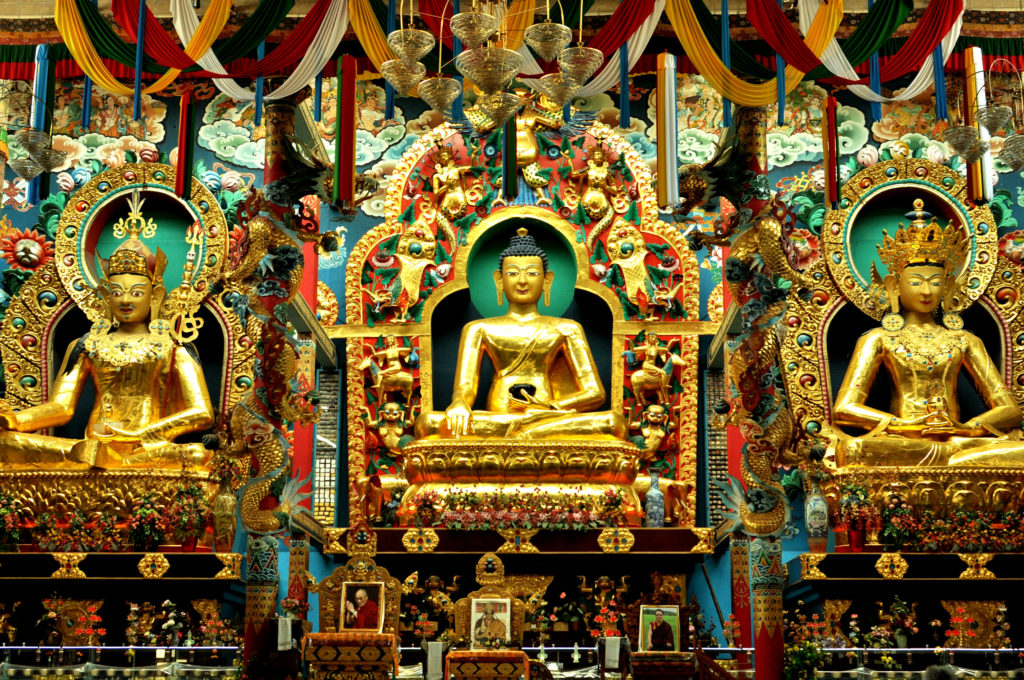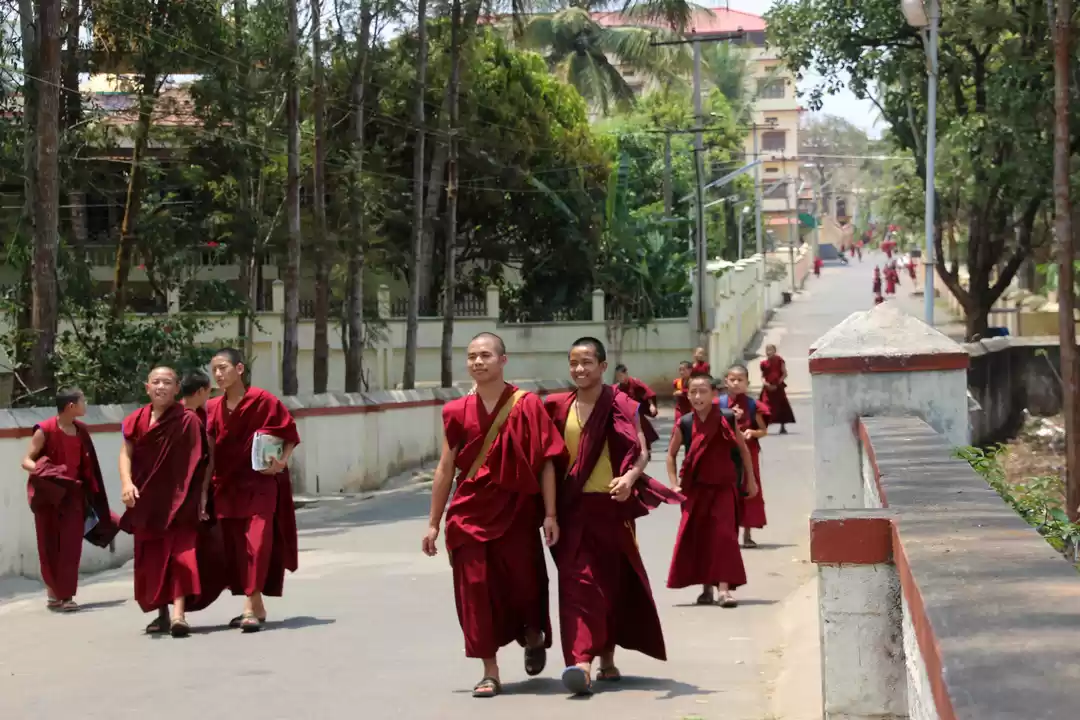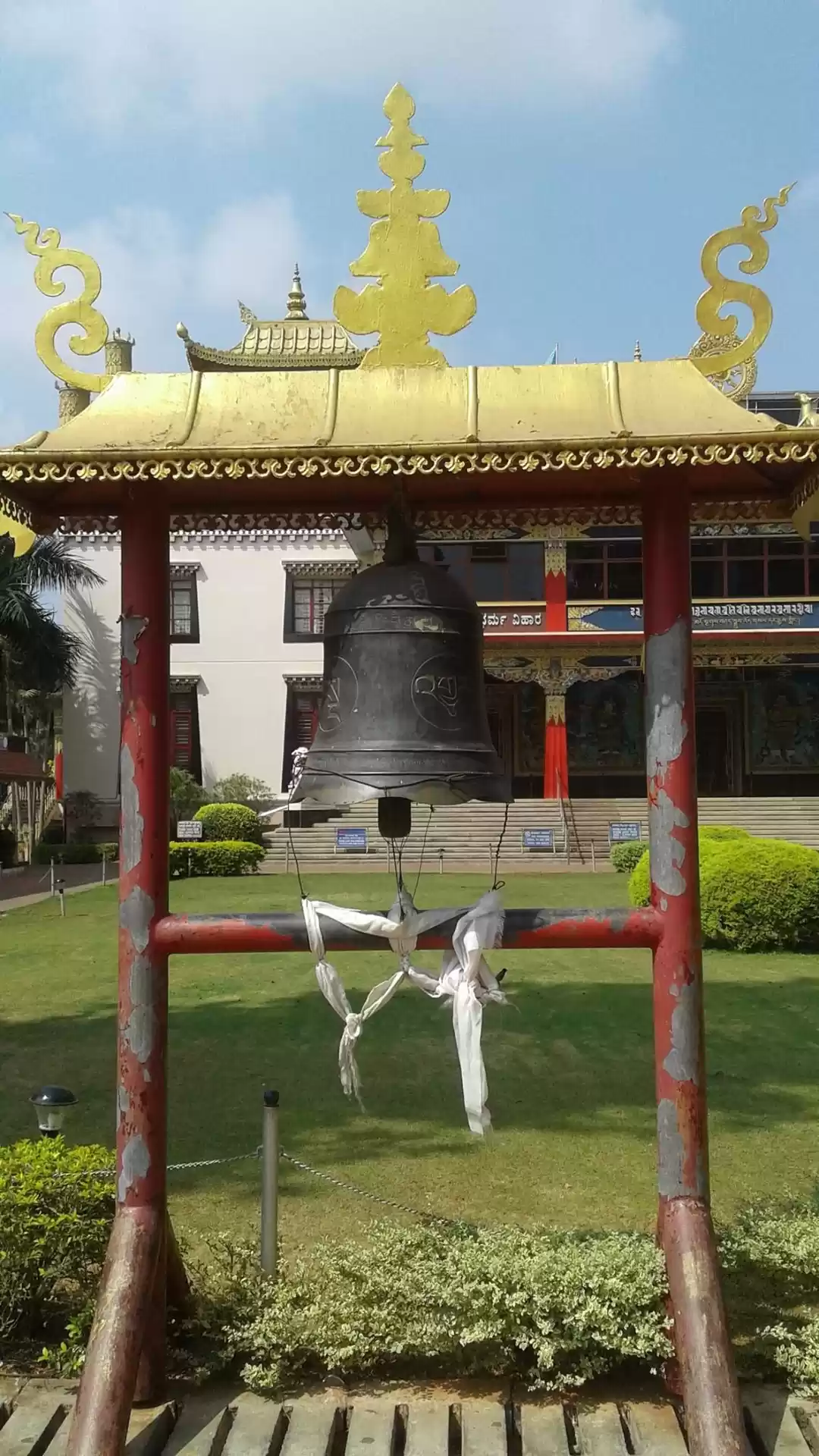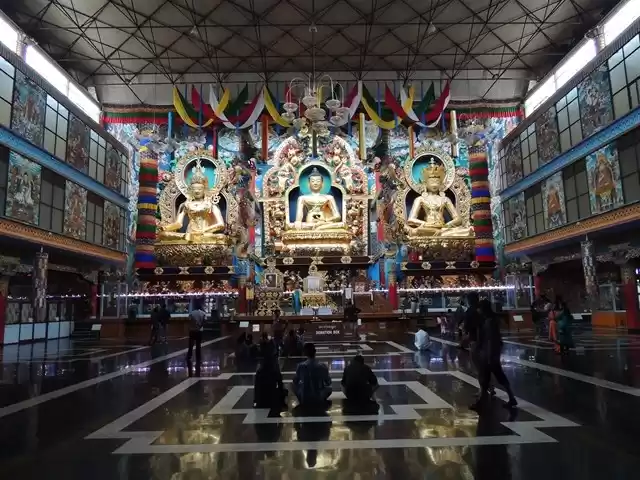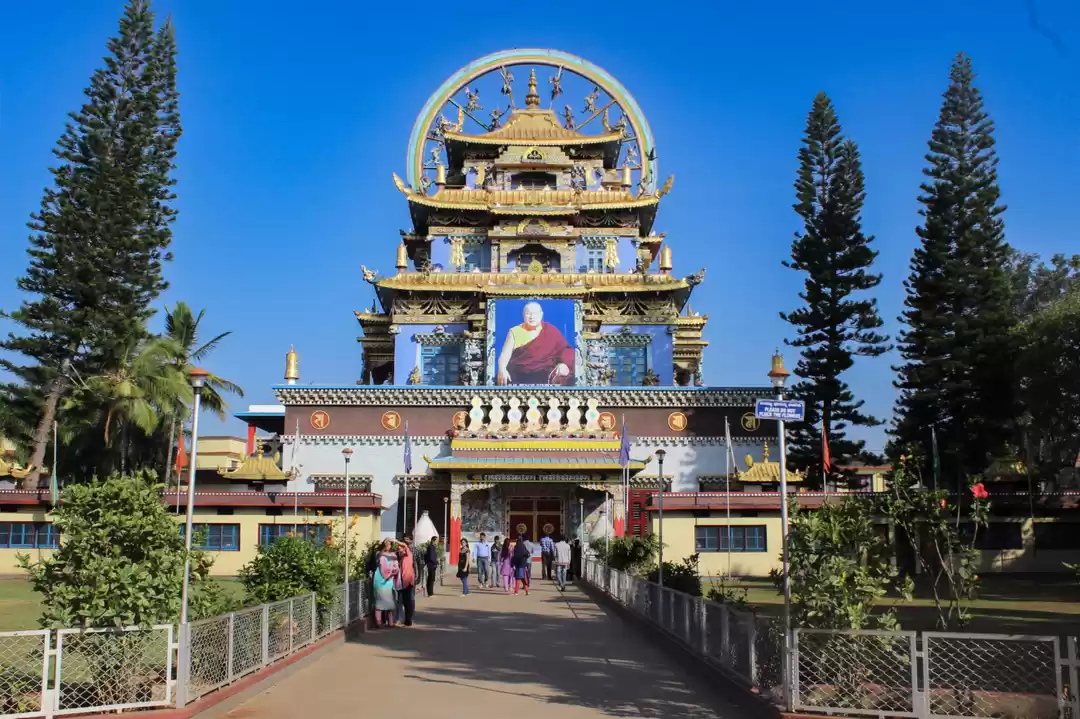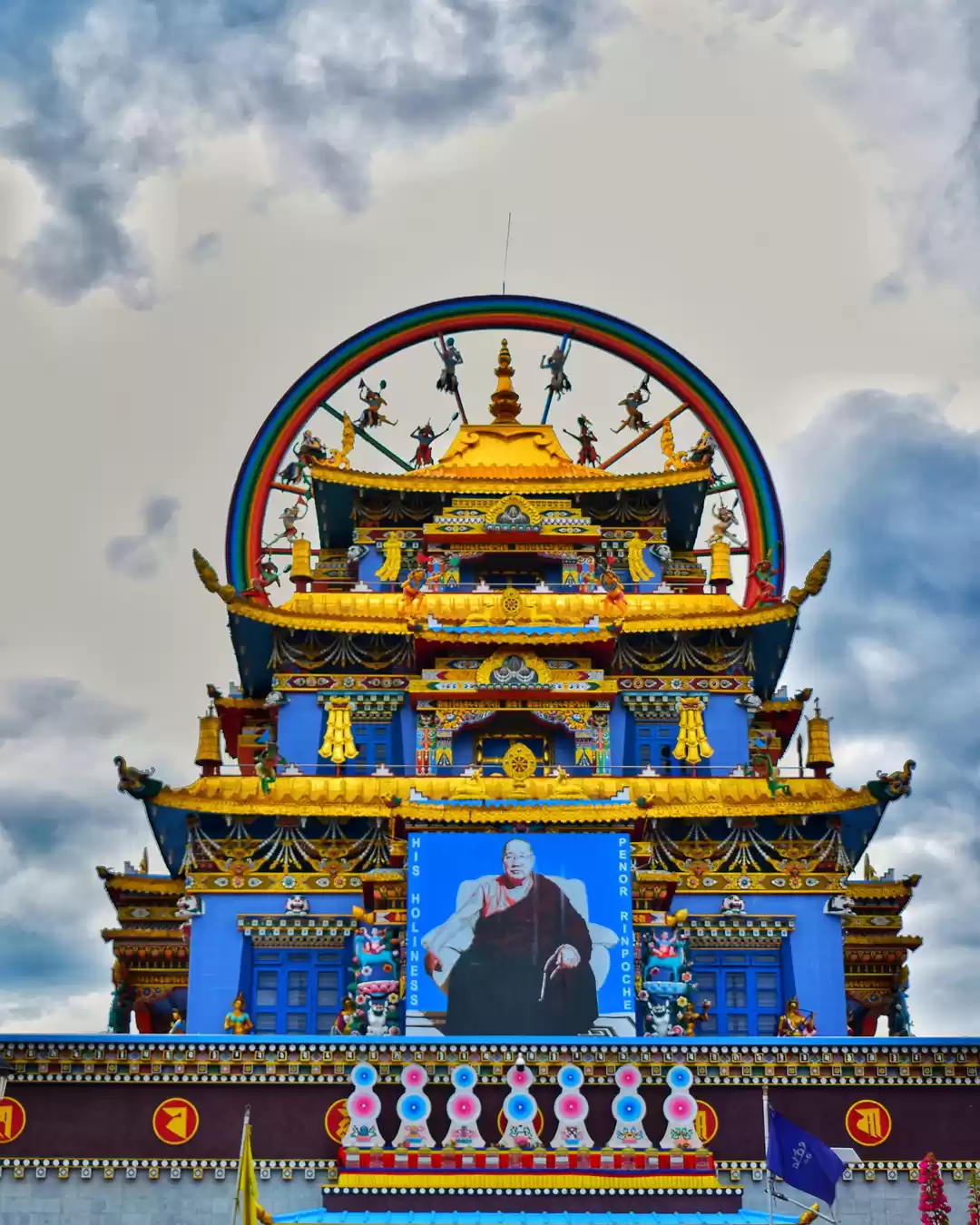




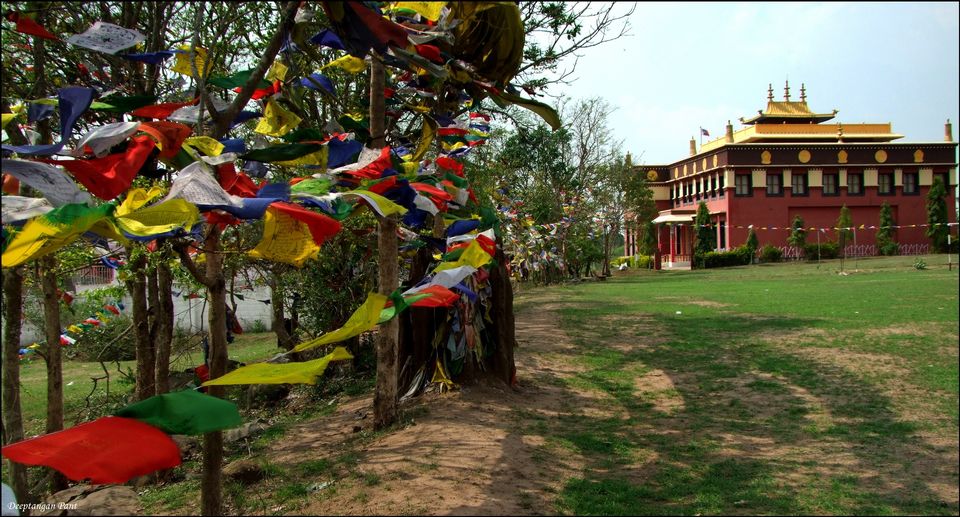



On the highway from Mysore to Kodagu, in Karnataka, lies the small town of Kushalnagar. If one looks past its boring appearance and ventures into the countryside one comes across the grand monasteries of Bylakuppe. Wandering the narrow lanes of the clusters which house the many monasteries in the town one is treated to the culture, customs and cuisine of Tibet. Young kids run around colourful compact houses with small gardens and sloping roofs even as monks answer the call to prayers and amble towards the many monasteries. The smell of momos, dimsum, thupka and flavoured fried rice rides the wind and teases the senses. The spirit of Tibet lives on in Bylakuppe!
All the monasteries in Bylakuppe are a treasure house of murals and wall-paintings that are worth exploring. The themes are varied – surreal gods and goddesses in silken clothes share the canvas with wrathful ones dressed in animal skins and adorning bone ornaments, tantric Buddhism, deities of the Three Roots, disciples of Guru Rinpoche and throne-holders of the Palyul tradition are some of the notable works of art. The paintings are a remarkable medium of narrating stories and leave the beholder aching for more.
The sheer size of the three storied temple covered in victory banners, tassels and canopies and topped by a golden pinnacle overwhelms the visitor to the Namdroling Monastery – the most popular of the many monasteries in Bylakuppe. In the morning rows upon rows of monks occupy the wide open halls reciting prayers in unison; solemn pilgrims, carrying prayer beads, can be seen seated alongside the heavy wooden doors immersed in the wave of devotion. The main attractions in the monastery are the Golden Temple, silver and giant red prayer wheels and a row of white pagodas.

The calmness experienced in the wee hours of the morning roaming the Golden Temple, in the Namdroling Monastery, is unrivalled. Gilded gold and copper statues of Buddha, Guru Padmasambhava and Buddha Amitayus rise tall in the main hall; these statues are filled with scriptures, relics, stupas and miniature statues. The walls are intricately painted with illustrations of the life and teachings of Buddha, great teachers and disciples of Dzogchen (body of teachings and meditation practices of the Nyingma school of Tibetan Buddhism).

In the evening one can witness the Buddhist tradition of debate being practiced by scores of monks in the courtyard of the Sera Mey monastery. It usually involves a couple of people - one seated and the other standing facing him with the latter asking a question and the former answering them. The end of a question is usually punctuated with a clap and one can hear the thunder of claps emanating from the courtyards of the monastery.

Sitting on the cool steps leading to the entrance of the Serpom Monastery and watching the tired sun set behind the vast plains is therapeutic to say the least. In the evening the monastery is quiet and not many visitors and monks can be seen, ideal for someone who wants to experience the calm that Buddhist monasteries are known for. One can get a beautiful view of the fields stretching to the horizon dotted by golden monasteries bathed in the orange mood of the setting sun.

Listening to the gurgle of gongs and the clap of cymbals accompany the guttural chants, while the incense smoke fills the hall bathed in a red hue, is humbling. This spectacular monastery boasts of exquisite murals based on the life of Buddha. The paintings portray the different phases of his life – conception, birth, renunciation, enlightenment, teaching dharma and death. The monastery also has the paintings of all the Dalai Lamas apart from depictions of numerous deities.

The quaint Sakya Monastery lies close to the civilian settlement known as Camp One. Although smaller in size, its beauty and elegance is comparable to the bigger monasteries in Bylakuppe. The warm and compact halls of the monastery are carpeted and a variety of musical instruments like bells, cymbals and drums figure beside the low wooden benches laid out for daily prayers. Behind the monastery is a wide open field where hundreds of prayer flags, strung on a row of trees, stretch their arms in the cool breeze.

The sense of community in Bylakuppe is quite evident and monks constitute a major part of this along with civilians engaged in trade. Monks in ochre robes are everywhere in Bylakuppe – they can be seen riding motorbikes, studying, praying, enjoying a coca cola or out for a swim in the Cauvery river. There are many shops which sell Tibetan art, crafts and clothes. Overseas tourists are not allowed to stay in Bylakuppe without a Protected Area Permit. Visitors can stay in Kushalnagar and make a day trip to Bylakuppe. Accommodation is available in Namdroling Monastery, Sera Monastery and Paljor Dargye Ling Hotel located near Namdroling Monastery.

Frequent searches leading to this page:-
karnataka trip packages for 4 days, karnataka tourism packages with price, karnataka tour packages from coimbatore, karnataka tour packages from kerala, karnataka tour packages for 7 days

